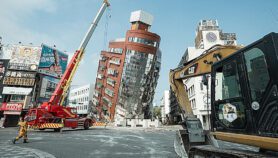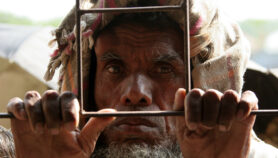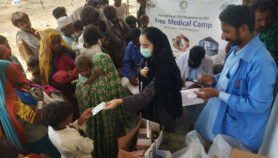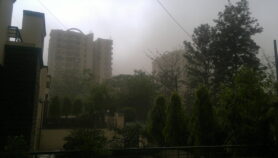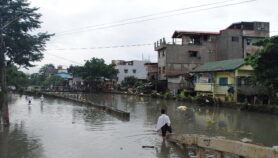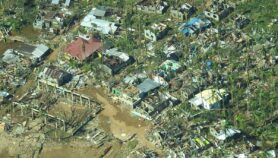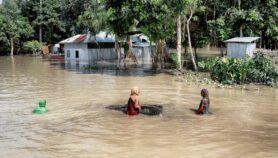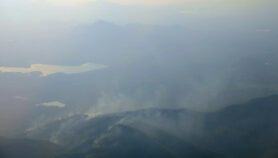28/06/16
Sri Lanka reconstructs after deadly floods and landslides
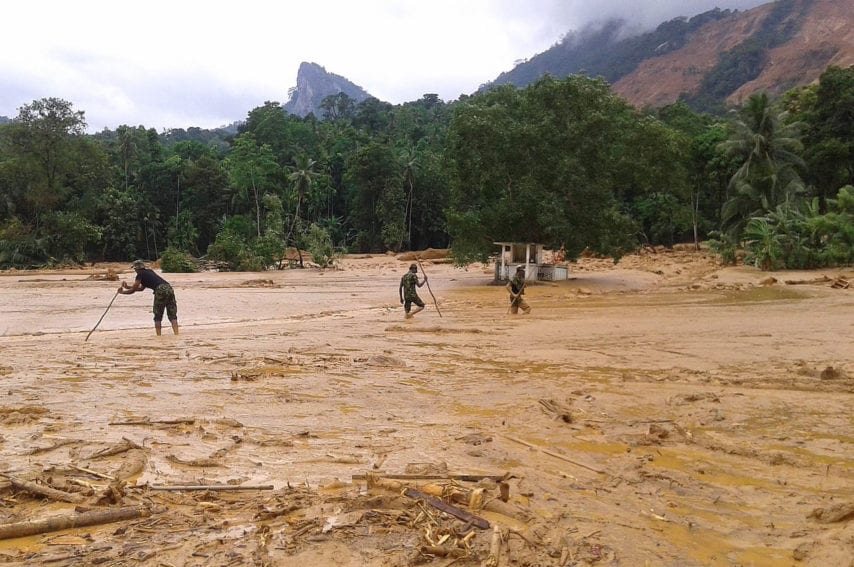
The massive 17 May landslide in the Egalpitiya area buried three villages. Only 33 bodies have been recovered with close to hundred people still missing.
Amantha Perera
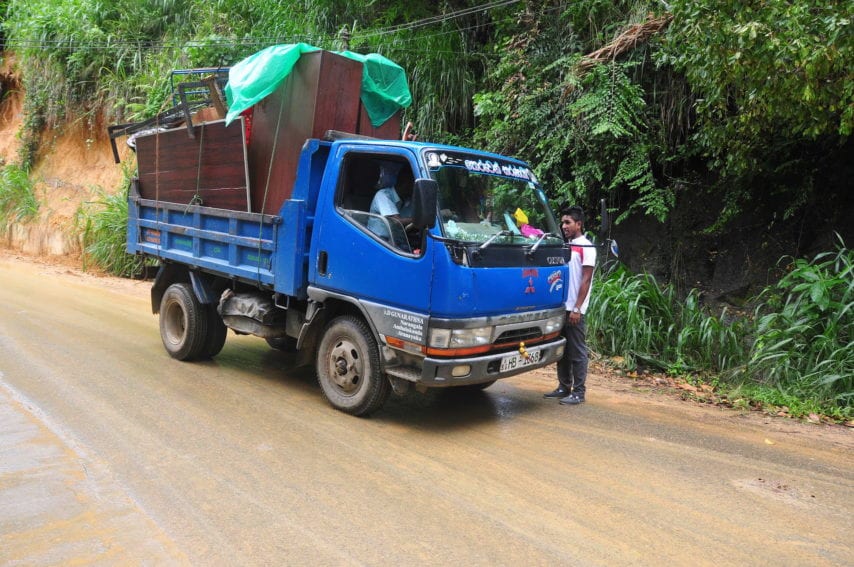


Villagers in Ambalakanda, 15 kilometres from a landslide site, moving out their belongings after the area was declared high-risk by authorities.
Amantha Perera
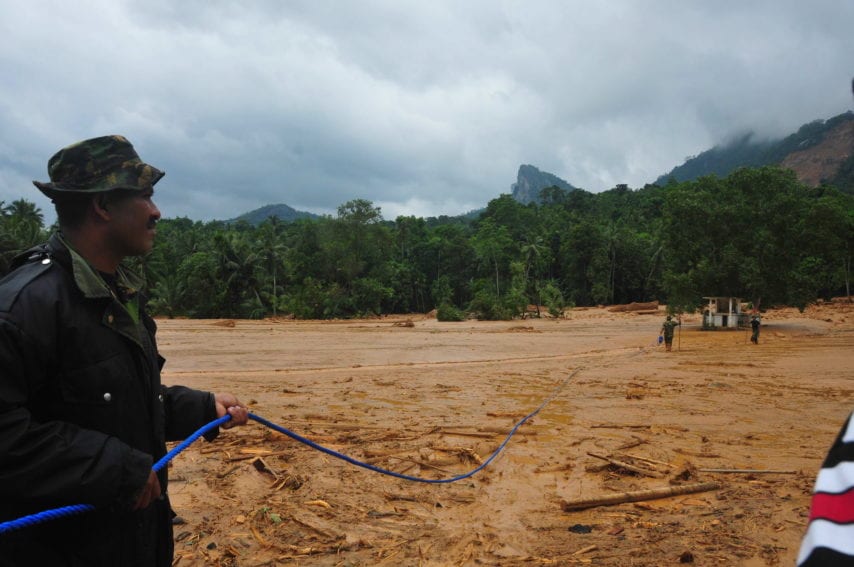


Authorities were overwhelmed by the enormity of the landslide. Poorly-equipped soldiers wade through mud looking for survivors two days after the disaster.
Amantha Perera
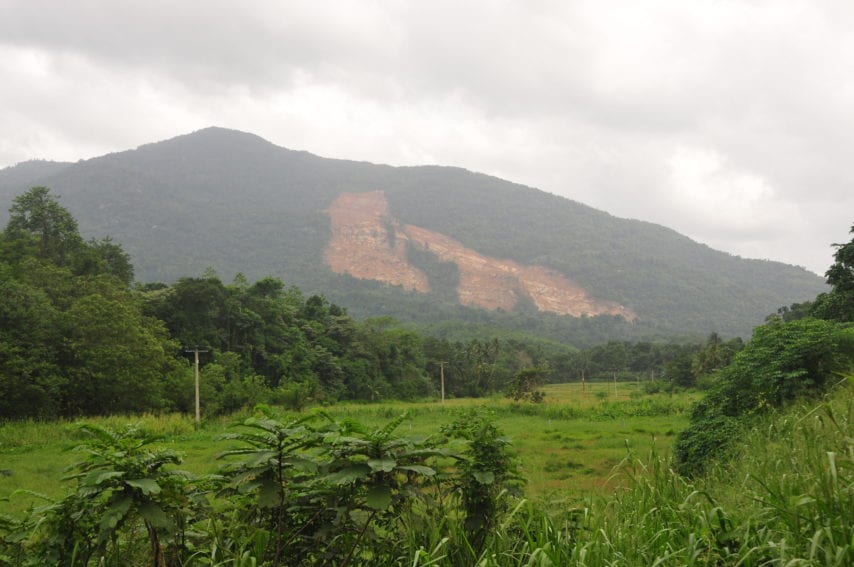


Villagers in the Egalpitiya area never received any warnings of impending landslides, but authorities say the area had earlier been demarcated as prone to landslides.
Amantha Perera
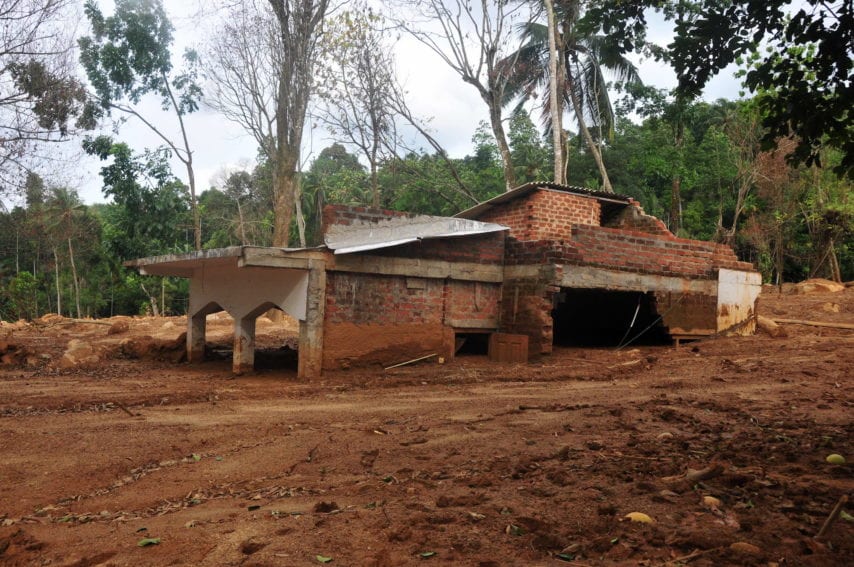


A two-storied house buried up to its roof on the Ramasara mountain, Egalpitiya. The landslide, triggered by three days of incessant rains, sent boulders hurtling down the mountain.
Amantha Perera
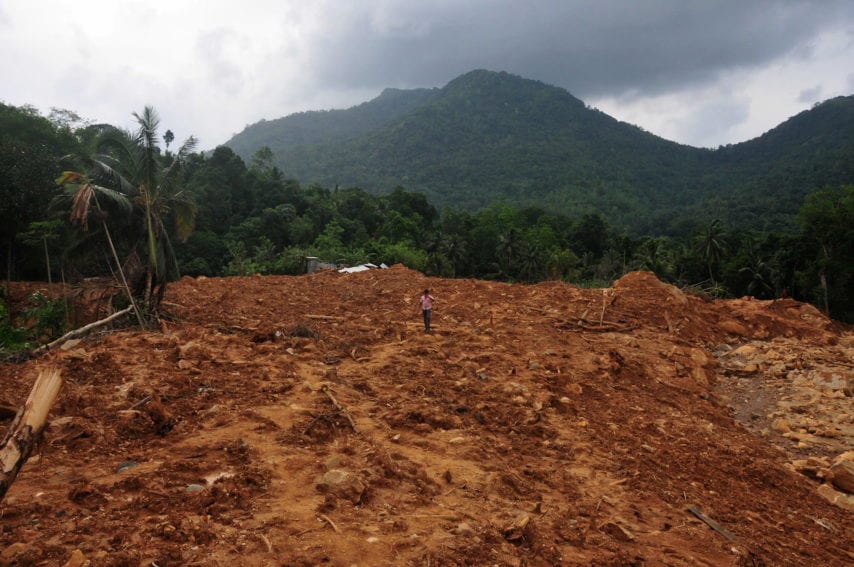


The size of the landslide has never been assessed, but three villages vanished. A man walks across the landslide area.
Amantha Perera
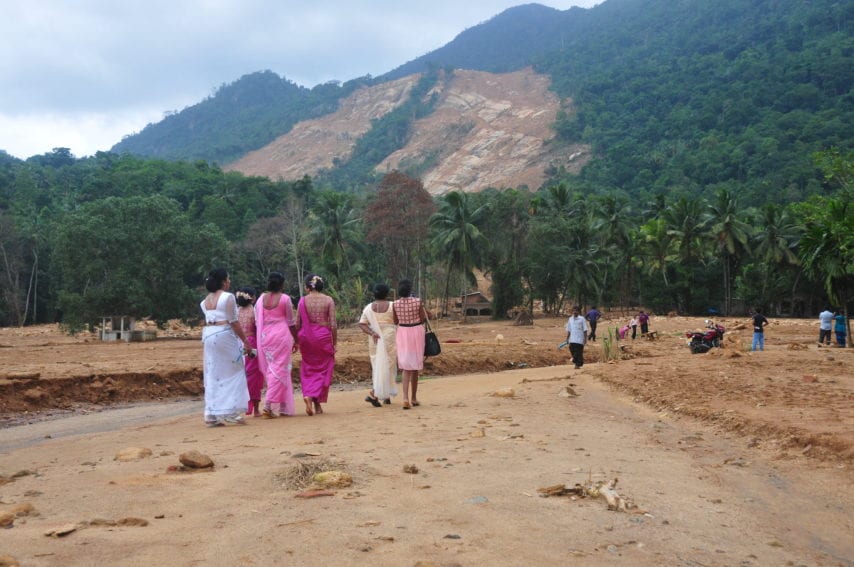


Sri Lankans turn disaster-tourists. A wedding party stops by the landslide zone to satiate their curiosity.
Amantha Perera
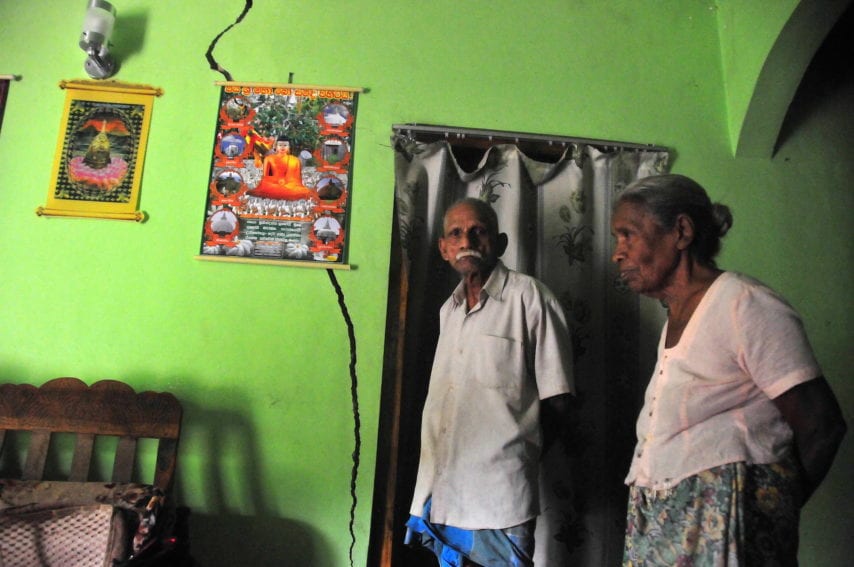


Cracks appeared in this home in the Gamthuna area making it unsafe, but the residents have nowhere to go.
Amantha Perera
By: Amantha Perera
Send to a friend
The details you provide on this page will not be used to send unsolicited email, and will not be sold to a 3rd party. See privacy policy.
[AMBALAKANDA] As Sri Lanka begins rehabilitation work after devastating floods and landslides in mid-May, that left more than a hundred dead and caused damages estimated at US$ 1.2—2 billion, the big question is where to house the survivors.
Sri Lanka Red Cross has sent out an appeal for over US$ 3 million for long-term reconstruction work over the next 18 months, covering essential household items; shelter, livelihoods, water, sanitation and hygiene, restoring family links, disaster-risk reduction and institutional disaster response.
“It will take time, it will be sometimes slow, but we have to get it right,” says disaster management minister Anura Priyadarshana Yapa.
In this small town on the foothills of the central mountains, 31 were killed and 99 listed as missing, when a massive landslide hit the Egalpitiya area. The toll could go higher since three entire villages were wiped out.
“Over 100 houses have been lost, right now we still have people in 11 camps,” says M. Faizal, the top government official in the Aranayake division. He estimates that over 1,000 families would need to be relocated out of high-risk, landslide-prone areas.One issue facing the government and agencies like the Red Cross is finding suitable and safe land for relocation. Jagath Mahendra, who heads the disaster management centre in Kegallle district, says most temporary shelters are in schools and they cannot be kept closed indefinitely. “The problem is that we don’t have sufficient flat and safe land in the district.” One option is building high-rise flats, though this is a new concept in Sri Lanka
For the survivors, the biggest fear is that they will be forgotten and left to their own devices. “So far we have been well looked after, but we feel that we are not getting the attention we got a month back,” says Dammika Menika, who lost her husband in the landslide.
Menika has been living at the Ussapitiya Buddhist Temple with about 100 other survivors. “They want us to move to new locations, but what about our jobs, our children’s schooling?


